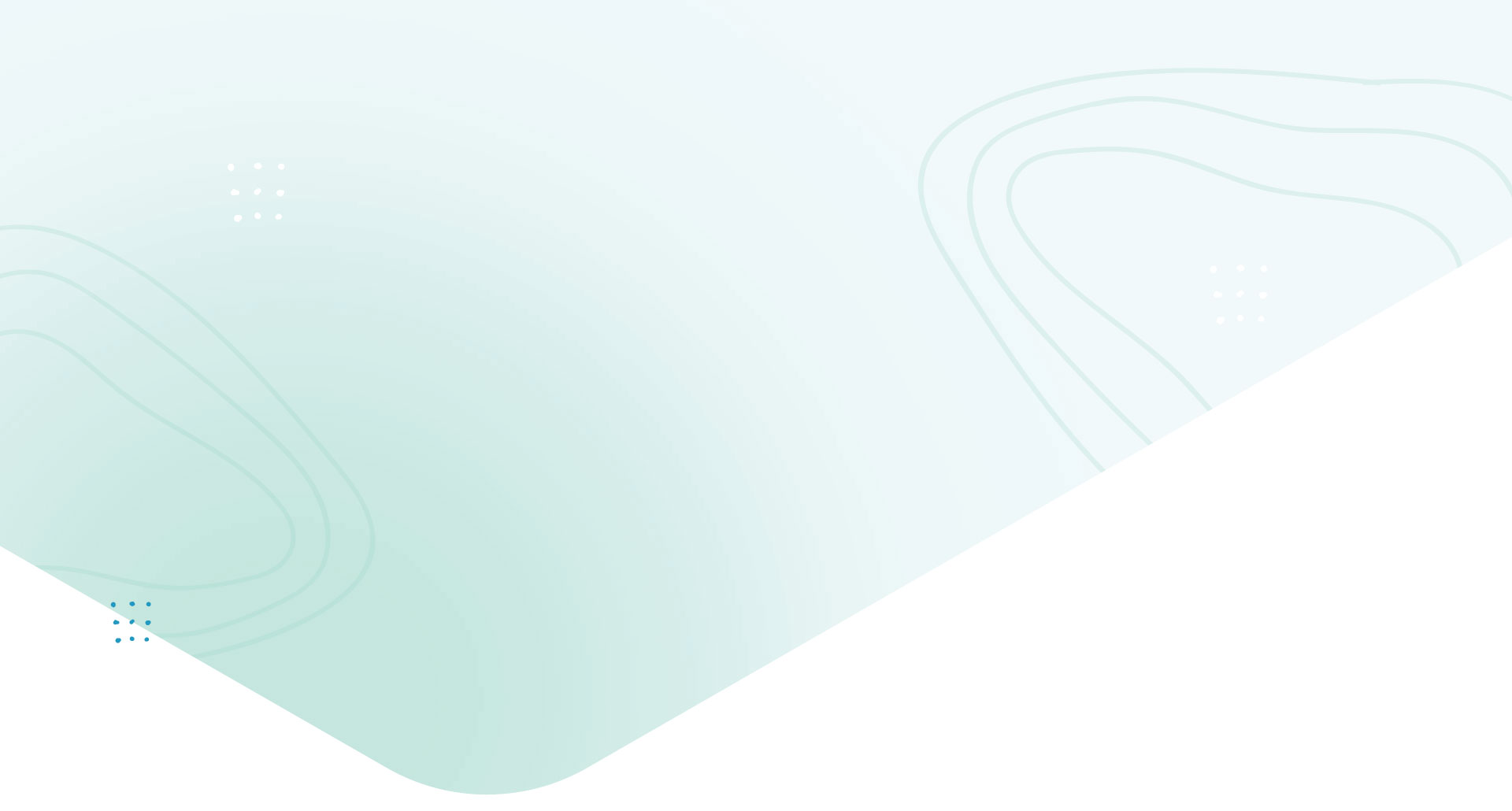Identifying the Problems
Mobile field workers encounter various challenges related to data access, security, and connectivity when retrieving patient information. Let's explore these issues across mobile patient management.
Disparate Data Sources
Patient information is frequently scattered across various electronic health records (EHRs), clinical systems, and marketing platforms. As a result, effectively delivering and integrating this information in the field poses one of the most significant challenges in remote healthcare. Mobile clinical workers often find themselves navigating multiple systems to access care plans, medications, and recommended tasks for their visits. This lack of cohesion can lead to confusion and errors, ultimately resulting in patient dissatisfaction and negative health outcomes.
Security Concerns
Offering options for remote access inevitably raises security concerns. In the absence of a standardized remote care solution, caregivers might store sensitive patient information, medications, and instructions on their mobile devices. They may also resort to using consumer-grade SaaS platforms, such as task management applications or tools linked to their phone’s software ecosystem. Consequently, while these makeshift solutions can increase their productivity in the field, they significantly increase the risk of HIPAA violations.
Unreliable Connectivity
Connectivity in the field can be a significant challenge. While rural areas often suffer from limited mobile internet access, certain building types, concrete walls, and various other factors further complicate the situation. These issues can make it difficult to reliably access patient records stored in the cloud.
Inaccurate Data
Some Electronic Health Record (EHR), clinical, and marketing systems struggle to consistently synchronize real-time data with mobile platforms. This inconsistency causes challenges because the quality of care relies on accurate patient data. As a result, caregivers may even find themselves unable to update data in real-time.
Consequently, this results in inaccurate data that adversely affects patient care and communication.
Data Saturation
While lack of data poses a challenge in mobile care, certain platforms overwhelm users with excessive information. Data overload, especially on small mobile screens, introduces noise into the caregiver experience. Too much information can divert attention from essential care tasks, health milestones, and medication management.
Solving the Use Case
Giving caregivers accurate patient data in the field requires a centralized patient engagement platform. At Penrod, we implement Salesforce Mobile in any healthcare platforms we build for companies with remote operations, including our home healthcare platform. Salesforce Mobile is a HIPAA compliant solution that supports iOS and Android devices – and offers a range of features that help caregivers see relevant patient information on the go.
Salesforce Mobile leverages data from Salesforce Health Cloud, a leading patient management platform. Salesforce Health Cloud integrates data from a variety of EHRs, clinical systems, and marketing tools, putting relevant patient information at the caregiver's fingertips. Data is logical organized by caregiver tasks, medications, and health milestones, ensuring care is focused and high-quality.
Salesforce Mobile offers real-time access to information from Salesforce Health Cloud when connected to the internet. Even in situations where internet access is limited or caregivers are offline, users can still view patient details. Data is regularly downloaded to the caregiver's device while online, ensuring it remains accessible offline. Caregivers can continue to edit or create new records, and once the device reconnects to the internet, any changes are automatically synced with Health Cloud.
Conclusion
Mobile caregivers encounter significant challenges in accessing patient information in the field, including fragmented data sources, security issues, unstable connectivity, and information overload. However, Penrod's centralized solution with Salesforce Mobile addresses these obstacles by ensuring that caregivers can access real-time, accurate patient data—even when offline. This approach enhances the quality of care in remote healthcare environments, such as home health and clinical settings. By improving data accessibility and management, caregivers can prioritize patient milestones and effective treatment plans rather than struggling to access information.
![]()

